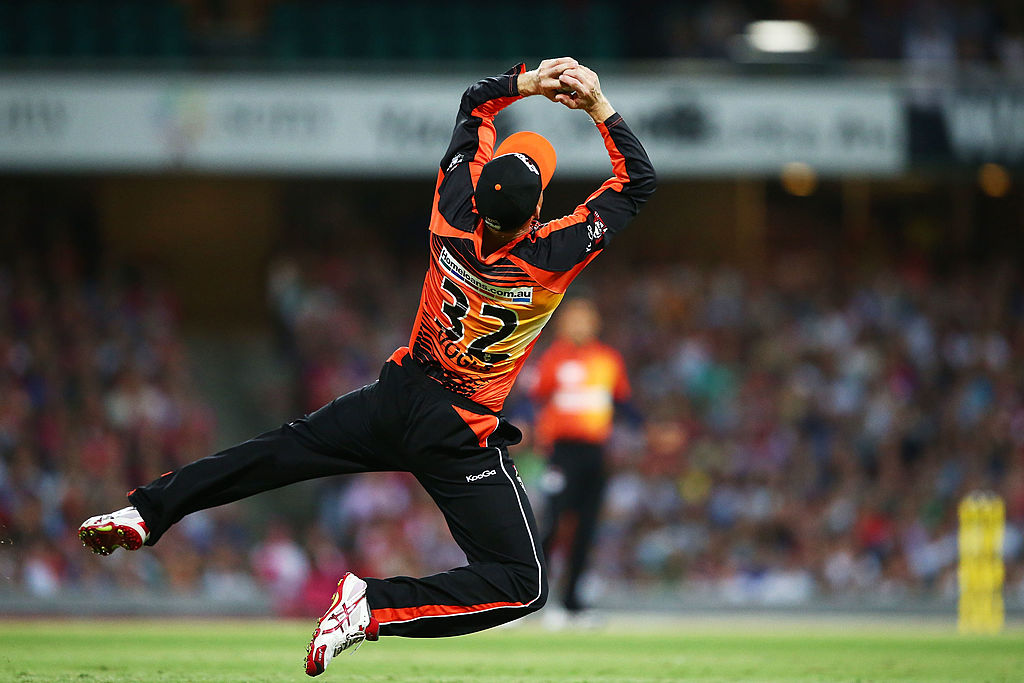

The MCC have announced numerous changes to the laws of cricket, known as the 2022 code.
The changes, which will come into effect from October 1 this year, are headlined by the removal of batsmen being able to cross on a caught dismissal.
In a move which will likely make umpiring the game easier, the incoming batsman following a caught dismissal will automatically assume strike, regardless of whether the departing batsman and the non-striker were able to cross before the catch was completed.
It has created havoc at times over the years, and while the modern international game has enough cameras to stop any mistakes, lower levels of the game still relied on umpires being able to have eyes on both the batsmen and the catch.
The only time a new batsman will take strike - in the same way as an LBW or bowled dismissal - will be if the wicket fell on the final ball of an over.
The law was first trialled during the ECB's hundred this year.
The other major change set to impact the game is how wides are called, with umpires now to take into account a batsman's starting position, anywhere he was able to move from that position, and his final position as a shot is played.
It means a wide will have to satisfy more criteria, and bowlers are far less likely to be penalised after a batter moves laterally across the crease.
The dead ball law has also been revised, to now include any instance of a side being disadvantages by a person, animal or other object within the field of play.
This will include pitch invaders or animals getting onto the ground.
Some other material changes have also been made, with dead ball to now be called in the event a bowler throws the ball at the non-strikers stumps before entering their delivery stride, while a fielder moving before the ball is bowled - known as unfair movement - will now be penalised with five penalty runs.





